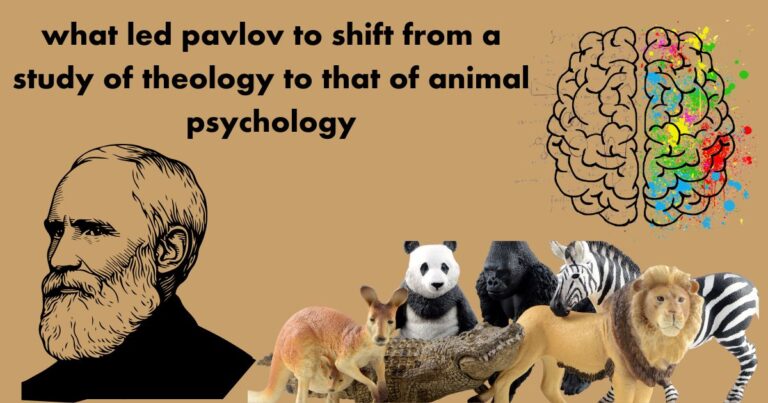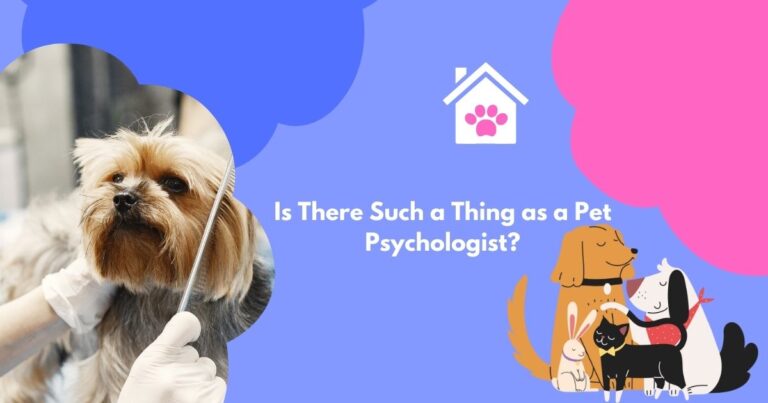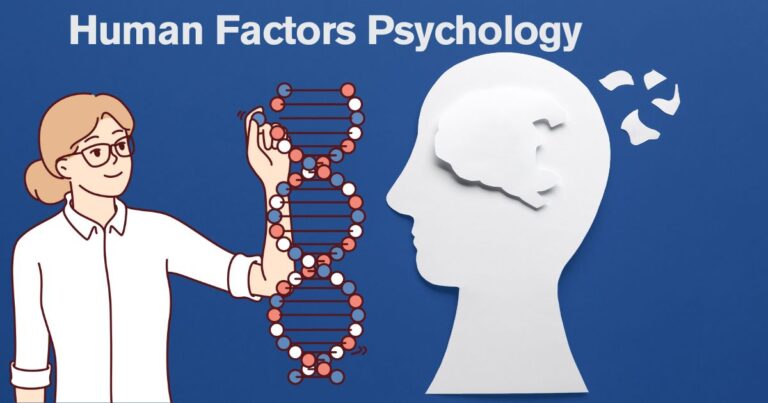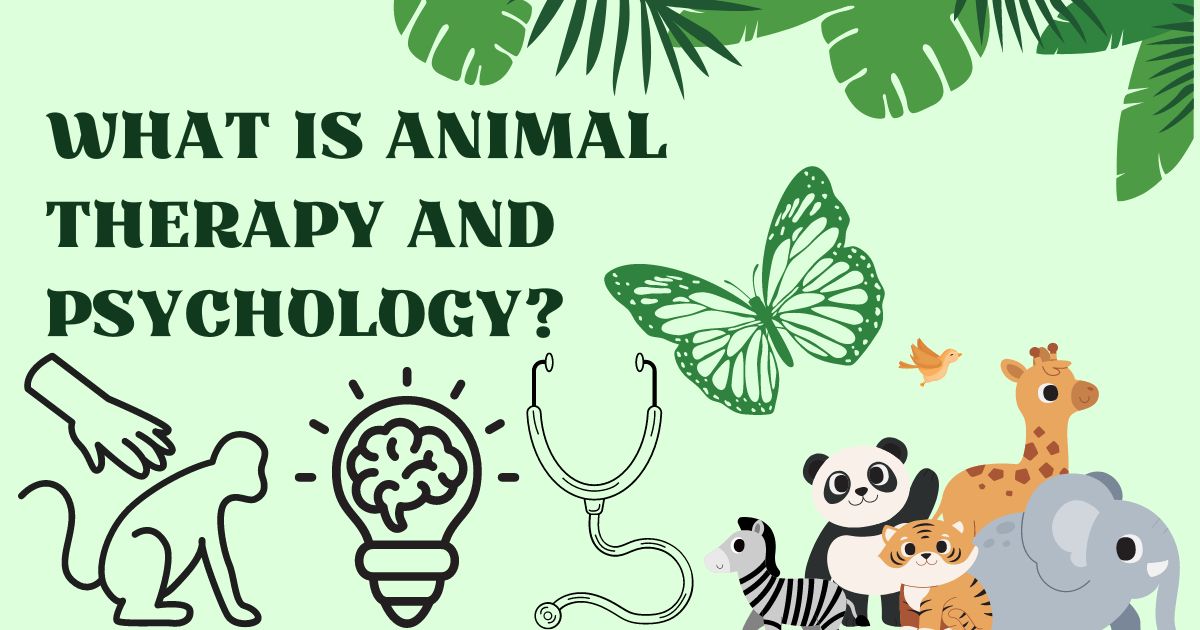
Introduction:
What is Animal Therapy and Psychology?
In recent years, animal remedy and psychology fields have gained significant interest due to their useful consequences on human intellectual fitness and wellbeing. But what are animal remedies and psychology? This progressive approach involves using animals as a shape of therapy to enhance the emotional, cognitive, and social functions of people. From decreasing strain and tension to enhancing emotional connections, the benefits of animal therapy and psychology are enormous and varied. In this text, we’ll explore the essence of those practices, their advantages, and the way they’re converting lives.
Understanding The Concept of Animal Therapy
What is animal therapy and psychology? Simply placed, animal therapy, also referred to as puppy therapy or animal-assisted remedy (AAT), is a guided interplay between a person and a trained animal. The cause of this interplay is to assist a person deal with or recover from a health difficulty or intellectual disorder. Animals usually utilized in therapy include dogs, cats, horses, or even dolphins.
How Does Animal Therapy Work?
Table:
| Mechanism | Description |
|---|---|
| Human-Animal Interaction | Interaction with animals can reduce stress and anxiety by releasing mood-enhancing chemicals like endorphins. |
| Building Rapport | Animals help build trust and ease communication between the therapist and the patient. |
| Physical Activity | Activities such as walking or grooming animals encourage physical exercise, benefiting both physical and mental health. |
| Routine and Responsibility | Caring for an animal creates a sense of responsibility and routine, aiding in the treatment of conditions like depression. |
Animal therapy works through the helpful interaction between a patient and an animal. The presence of an animal can have quick calming impacts, reducing stress and advancing relaxation. Here’s how it typically functions:
- Human-Animal Interaction: Petting or playing with an animal can release endorphins and other mood-enhancing chemicals in the brain, which offer assistance in reducing stress and anxiety.
- Building Compatibility: Animals assist in overcoming any issues between a specialist patient, particularly when the patient finds it troublesome to open up and trust others. The non-critical nature of animals frequently makes it simpler for patients to put themselves out there.
- Physical Activity: In situations where the treatment incorporates practices like strolling or riding (as in equine treatment), it can likewise progress actual workout, which has its psychological advantages.
- Routine and Responsibility: Focusing on an animal in a restorative setting can give a feeling of obligation and schedule, which can be especially helpful for individuals with mental prosperity disorders like depression.
Types of Animal Therapy
There are different types of animal therapy, each suited to different therapeutic needs:
Animal-Assisted Treatment (AAT):
This is the most structured form, where creatures are coordinated into a formal therapeutic arrangement to offer assistance to accomplish particular goals. AAT is frequently directed by a mental health professional.
Animal-Assisted Activities (AAA):
Less structured than AAT, AAA includes the utilization of animals to provide comfort and companionship. While it is not aimed at accomplishing specific helpful outcomes, it can still significantly enhance a patient’s quality of life.
Equine-Assisted Therapy:
Includes the use of horses to help people with emotional, behavioral, or physical challenges. The handle of caring for and associating with steeds can lead to improvements in self-esteem, communication, and emotional regulation.
Benefits of Animal Therapy
Animal therapy has been found to offer numerous benefits, both psychological and physical:
- Reduced Stress Anxiety: Interaction with animals can lower cortisol levels, reducing stress anxiety. This is particularly beneficial for individuals with high stress such as those with post-traumatic disorder (PTSD).
- Improved Mood: The presence of an animal leads to increased levels of serotonin and dopamine, neurotransmitters associated with happiness and well-being.
- Enhanced Social Interaction: Animals act as social facilitators, helping anxiety or autism spectrum disorders engage more comfortably.
- Physical Health Benefits: Regular interaction linked to blood pressure, reduced heart rates, and physical activity, all of which contribute to overall health.
- Emotional Support: provide consistent emotional support, and be comforting in dealing with grief, depression, and loneliness.
Conditions Treated by Animal Therapy
Creature treatment is flexible and can be applied to treat a large number of conditions:
- Mental Health Disorders: Nervousness, despondency, PTSD, and autism spectrum disorders are among the mental health conditions that benefit from creature treatment. The treatment can assist with lessening side effects and work on general prosperity.
- Physical Disabilities: Animal therapy can help people with physical disabilities by providing emotional support and encouraging physical activities, like strolling or preparing a creature.
- Chronic Illnesses: Patients with chronic illnesses, including malignant growth, can find alleviation in animal treatment, which can assist with easing torment, decrease pressure, and improve mood during treatment.
- Elderly Care: Animal therapy is generally utilized in elderly care settings to battle dejection, decrease melancholy, and work on mental capability in patients with dementia.
Psychological Basis of Animal Therapy
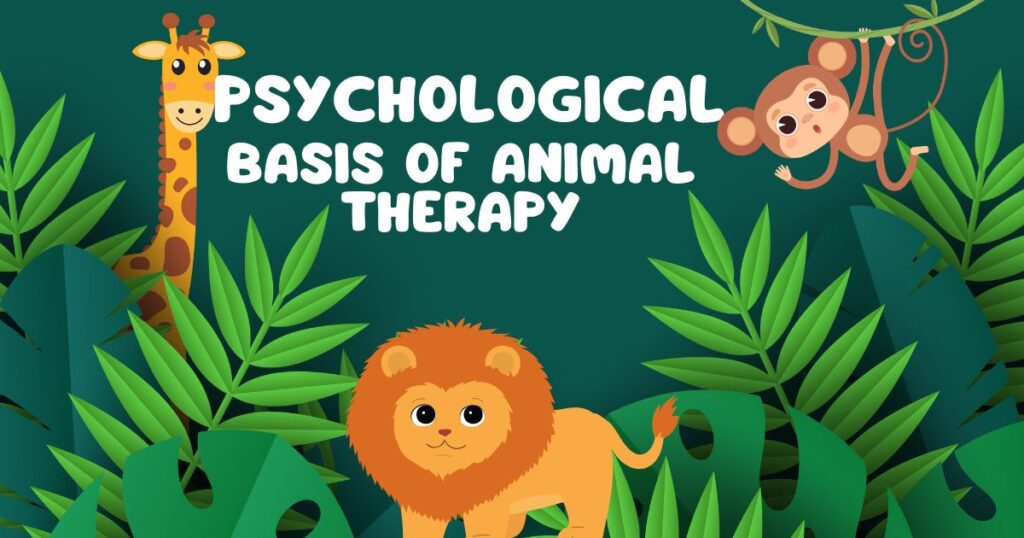
Psychological Basis of Animal Therapy
The psychological benefits of animal therapy are grounded in the human-animal bond. This is the way this bond influences mental prosperity:
- Non-Judgmental Support: Animals don’t pass judgment or condemn, making them ideal allies for individuals who may feel isolated or misconstrued by others. This unrestricted acknowledgment can help lessen sensations of depression and advance self-acknowledgment.
- Therapeutic Alliance: The proximity of a creature can reinforce the supportive partnership between the comprehension and counsel, making the tranquil bound to participate in treatment and gain ground.
- Biochemical Impacts: Cooperation with creatures can set off the arrival of oxytocin, frequently alluded to as the “adoration chemical.” Oxytocin propels feelings of trust and holding, which are fundamental in a helpful setting.
Dangers and Impediments of Creature Therapy
While animal treatment offers numerous benefits, there are also risks and limitations to consider:
- Allergies: A few people may be allergic to animals, which can lead to unfavorable reactions during treatment sessions.
- Fear of Creatures: Not everyone is comfortable around animals, and for some, the presence of an animal might increase rather than diminish stress.
- Safety Concerns: Certain animals, especially bigger ones like horses, can pose physical risks. For case, a coincidental fall during equine treatment might lead to injury.
- Limited Scope: Animal therapy is a complementary treatment and is not a substitute for traditional restorative or psychological mediation. It ought to be utilized as a portion of a comprehensive treatment plan.
Animal Therapy vs. Other Animal Roles
It’s vital to recognize animal treatment from other animal roles, such as:
- Service Animals: These animals are prepared to perform specific tasks to help individuals with disabilities. For example, a service dog might help a blind individual navigate their environment.
- Emotional Support Animals (ESAs): Unlike treatment animals, ESAs do not require special preparation. They provide comfort to their proprietors simply through their presence.
- Companion Animals: These are pets that give companionship and are not fundamentally prepared for therapeutic purposes.
Diving into Animal Psychology
Moving deeper, what is animal therapy and psychology also encompasses information in animal behavior and psychology. This entails reading how animals engage with their surroundings, with humans, and with different animals. It presents insights into their emotional states and behaviors, which is vital for powerful animal-assisted remedies.
The Connection
Understanding animal psychology is critical for a success animal remedy, as it guarantees that the animals are nicely-cared for and can successfully engage with humans in a therapeutic putting. This information enables therapists to pick out the right animals for therapy and to design interactions that are useful for each animal and the human.
Integrating Animal Therapy and Psychology
Integrating animal therapy and psychology includes a holistic technique where the well-being of each human and animals is considered. Trained specialists who understand animal behavior facilitate these interactions, making sure that the revel in is fine and beneficial for all involved.
Applications of Animal Therapy and Psychology
Animal therapy and psychology may be applied in diverse settings, consisting of hospitals, colleges, prisons, and intellectual fitness facilities. It aids in treating situations like autism, ADHD, dementia, and plenty of others. The versatility of animal therapy makes it an effective device in improving mental and emotional fitness.
FAQs For What is Animal Therapy and Psychology?
Who can advantage of animal psychology?
What are animal therapy and psychology beneficial for? It’s useful for individuals of every age, from children to the aged, particularly people with intellectual health disorders, continual ailments, or present process worrying remedies.
How are animals selected for remedy?
Animals used in therapy are cautiously selected primarily based on their temperament, fitness, and ability to interact with humans. They undergo rigorous education to make sure they’re suitable for healing interactions.
Can any animal be utilized in therapy?
While many animals can be utilized in remedy, not all are suitable. The preference depends on the healing dreams, the placing, and the needs of the individuals receiving the remedy.
How does animal remedy improve mental health?
What are animal therapy and psychology suitable for in mental fitness? It reduces feelings of loneliness, enhances social skills, lowers tension, and boosts basic temper through companionship and unconditional help from animals.
Conclusion
Animal therapy is an important mediation that uses the connection between people and animals to advance mending and work on prosperity. It is used in various remedial settings, from mental prosperity treatment to genuine recuperation. While it’s everything except a one-size-fits-all arrangement, its benefits are genuine, making it a fundamental resource in the therapeutic arsenal.
Key Takeaways
- Animal therapy involves using trained creatures to support psychological and physical well-being.
- The therapy is effective in reducing stress, perfecting mood, and enhancing social relations.
- It treats a variety of conditions, including mental health diseases, chronic ails, and physical disabilities.
- There are risks, such as disinclinations and safety enterprises, which should be considered before starting a remedy.
- Animal therapy is a reciprocal treatment, not a relief for traditional therapies.

